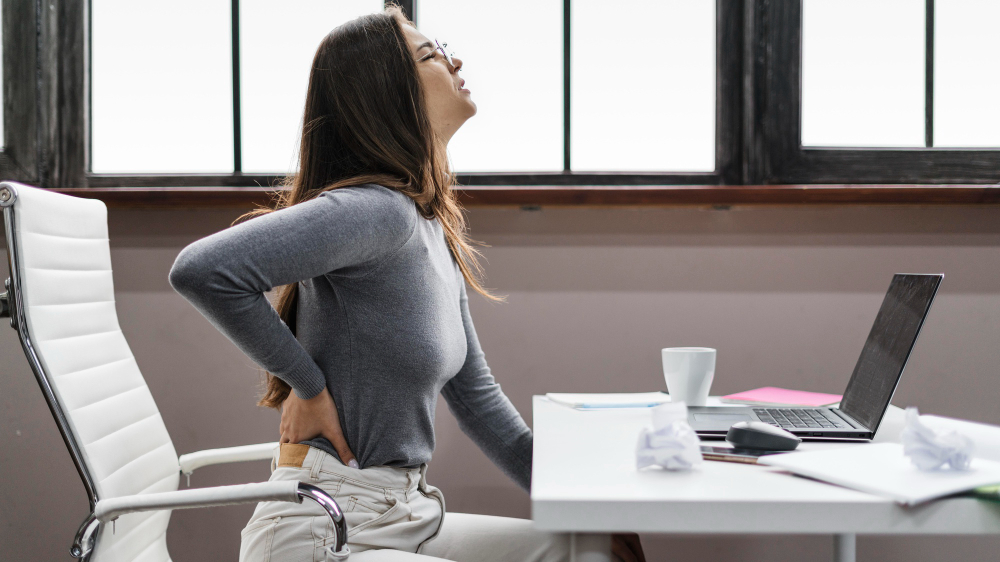Introduction
Back pain is a common problem that affects many people. In fact, most adults will experience it at some point in their lives. Because back pain can limit daily activities, prevention is very important. In this blog, you will find back pain prevention tips that are easy to follow. You will also learn about causes, healthy back habits, and how to prevent back pain before it starts.
Common Causes of Back Pain
Understanding what leads to back pain can help you avoid it. Here are some main causes:
Top Tips to Prevent Back Pain
There are many simple ways to keep your back healthy. Try these back pain prevention tips every day:
Lifestyle Changes for a Healthy Back
Small changes in your daily routine can make a big difference. For example, start each day with gentle stretches. This keeps your back flexible. Also, choose a mattress and pillow that support your spine. Sleeping on your side with a pillow between your knees can help. If you carry a bag, switch sides often to avoid muscle strain. In addition, avoid wearing high heels for long periods. These habits support a healthy back and reduce pain risk.
When to See a Doctor
Most back pain gets better with self-care. However, you should see a doctor if:
Early medical advice can prevent serious problems. Always listen to your body and seek help if you are unsure.
Reliable Resources
For more information, you can visit trusted sources like the World Health Organization (WHO) and the Centers for Disease Control and Prevention (CDC). These organizations offer up-to-date advice on back pain causes, prevention, and healthy back habits. You can also find helpful tips in peer-reviewed medical journals.
Conclusion
In summary, back pain prevention is possible with simple daily habits. Good posture, regular exercise, and safe lifting are key. Making small lifestyle changes can protect your back for years to come. If you have ongoing pain or concerns, consult a general physician for personalized advice. Your back health matters—take steps today for a pain-free tomorrow.

